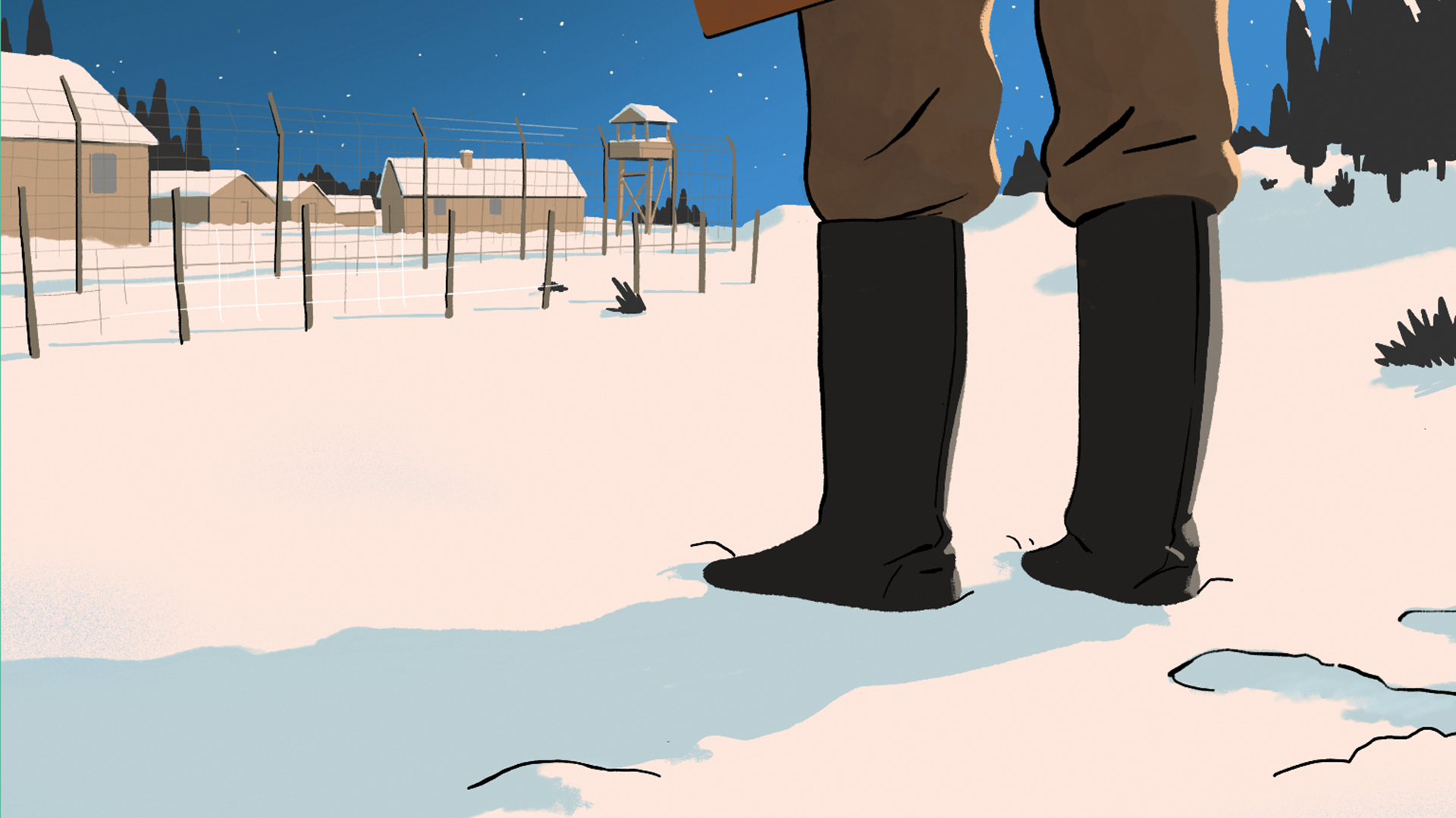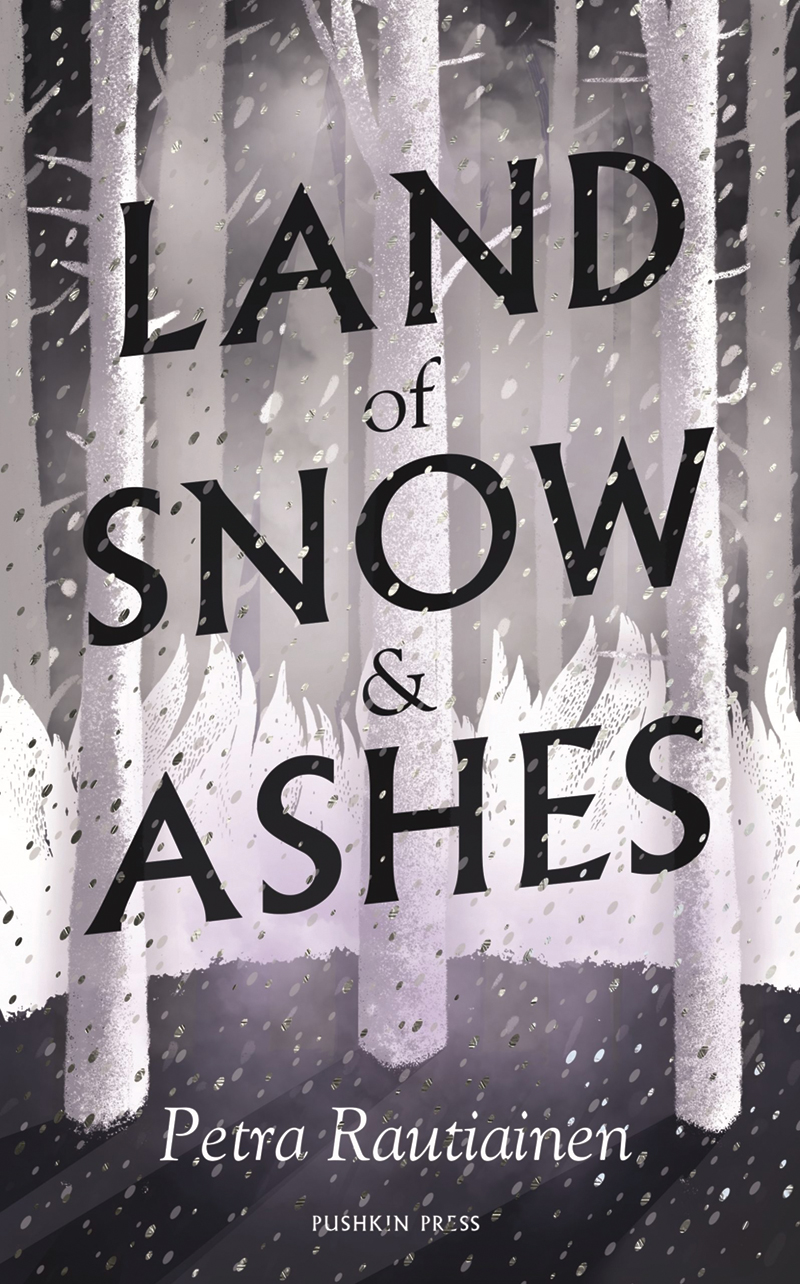One would think that there were no new stories to tell about the Second World War. That everything has been discussed already. Well, that doesn’t seem to be true to me. My novel Land of Snow & Ashes is all about revealing secrets and untold stories from that time.
When I first had the idea of writing a novel, I wanted to write about Sámiland, because I was haunted by its beauty: the dark nights during the winter when the sun doesn’t rise at all, and in return the magical sun during the summer, when it doesn’t set for many months. But I also had the story of my grandfathers: one of them was in prison during the war, and the other one had gone missing during the reconstruction period and never returned. He changed his name and settled in Sámiland, and he died without anyone knowing who he really was. What are those people’s stories – and why does no-one talk about them?
People like to tell only one side of the narrative of themselves – and the same goes for history. The Second World War years were a long period of terror, during which people made bad choices in order to survive, to bear the pain and anxiety. In the novel, one of the characters, Koskela, says, “None of us can predict how we will behave under such duress. None of us knows the limits of our endurance, we don’t know when or how we break.”
There is a grand narrative that every country tells about the Second World War. And that – sadly – is a very narrow story. There are lots of people who feel that the official story doesn’t reflect their own realities or what happened to their grandparents. They might not feel that they were either heroes or the bad guys. They simply did what they had to do. When it comes to the truth, every one of us has our own truth and our own story to tell. Not to mention that the trauma that the war planted in us hasn’t gone away: the new generation still carries the trauma of past generations in their heritage and family culture.
And those are the stories I have always been interested in: the hidden, untold ones. Land of Snow & Ashes tells the story of small people. It’s a story about a native people and a story about a Finnish Nazi, Väinö. The novel delves into a narrative that hasn’t yet been told, and that has never been part of any country’s official history, although it should have been: There were 200 secret Nazi camps in Finnish Lapland. Lapland is also known as Sámiland; a land where the only native population in the EU lives.
After the War, the Finnish and Norwegian Sámiland had been burned and ravaged by the withdrawing Germans, and the Finnish and Norwegian governments enforced assimilation politics on their native people – to such a degree that one could call it the cultural genocide of the Sámi.










